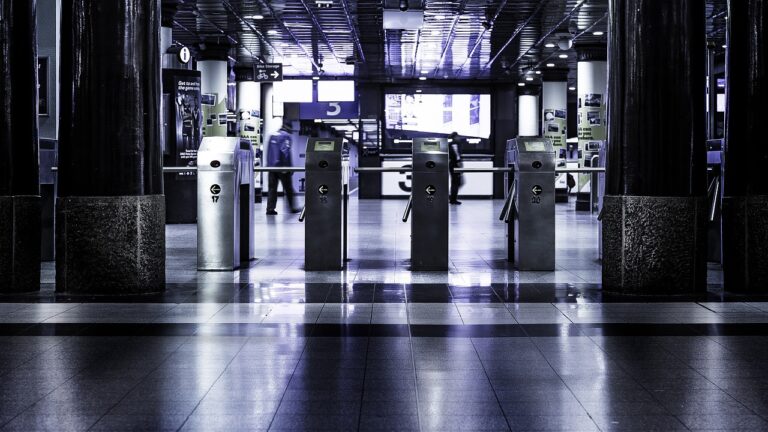Exploring the Future of Workspaces: From Co-Working to Remote Offices
Traditional office spaces have undergone significant changes over the years to adapt to the evolving workplace dynamics. In the past, cubicles and closed-door offices were prevalent, promoting segmented work environments and limited interaction among employees. The rigid structure of these traditional office spaces often hindered collaboration and innovation within organizations.
However, with the shift towards a more flexible and open working culture, traditional office spaces have started embracing layouts that foster creativity and connectivity. Open-plan offices, shared workstations, and communal areas have become increasingly common, encouraging teamwork and communication among employees. By breaking down physical barriers and promoting a more inclusive environment, modern traditional office spaces aim to enhance productivity and employee engagement in today’s fast-paced business world.
The Rise of Co-Working Spaces
Co-working spaces have gained popularity in recent years as a modern solution to traditional office setups. These shared work environments offer individuals and businesses the flexibility to work in a collaborative setting without the constraints of a traditional office lease. With amenities such as high-speed internet, meeting rooms, and communal areas, co-working spaces cater to the needs of freelancers, entrepreneurs, and remote workers seeking a dynamic and productive work environment.
One of the key advantages of co-working spaces is the sense of community they foster among members. By bringing together individuals from diverse backgrounds and industries, co-working spaces create opportunities for networking, collaboration, and knowledge sharing. This sense of community not only enhances creativity and productivity but also helps combat the isolation that remote workers or freelancers may experience when working independently.
Benefits of Co-Working Spaces
Co-working spaces offer a dynamic environment that fosters collaboration among individuals from diverse backgrounds. This mix of professionals creates a vibrant community where ideas flow freely, leading to innovative solutions and creative partnerships. By working in such an environment, individuals have the opportunity to network, learn new skills, and gain valuable insights from their peers, ultimately enhancing their own professional growth.
Moreover, co-working spaces provide flexibility and cost-effectiveness for individuals and businesses. With options for hot-desking, dedicated desks, or private offices, individuals can choose a setup that suits their needs without the overhead costs of traditional office leases. This flexibility allows for scalability as businesses grow or contract, providing a tailored solution that adapts to changing circumstances. Additionally, many co-working spaces offer amenities such as high-speed internet, meeting rooms, and social areas, enhancing productivity and overall work experience.
What is a co-working space?
A co-working space is a shared office space where individuals from different companies or freelancers can work alongside each other in a collaborative environment.
How are co-working spaces different from traditional office spaces?
Co-working spaces offer flexible membership options, shared amenities, and a more communal atmosphere compared to traditional office spaces.
What are some benefits of working in a co-working space?
Some benefits of co-working spaces include networking opportunities, cost-effectiveness, flexibility, and a sense of community.
Can anyone use a co-working space?
Yes, co-working spaces are typically open to anyone looking for a productive work environment, whether they are freelancers, entrepreneurs, or employees of larger companies.
Are co-working spaces only for individuals or can teams also work in them?
Co-working spaces can accommodate both individuals and teams, making them a great option for small businesses and startups looking for a flexible office space.
How can I find a co-working space near me?
You can search online for co-working spaces in your area, or use co-working space directories to find options that meet your needs and preferences.







